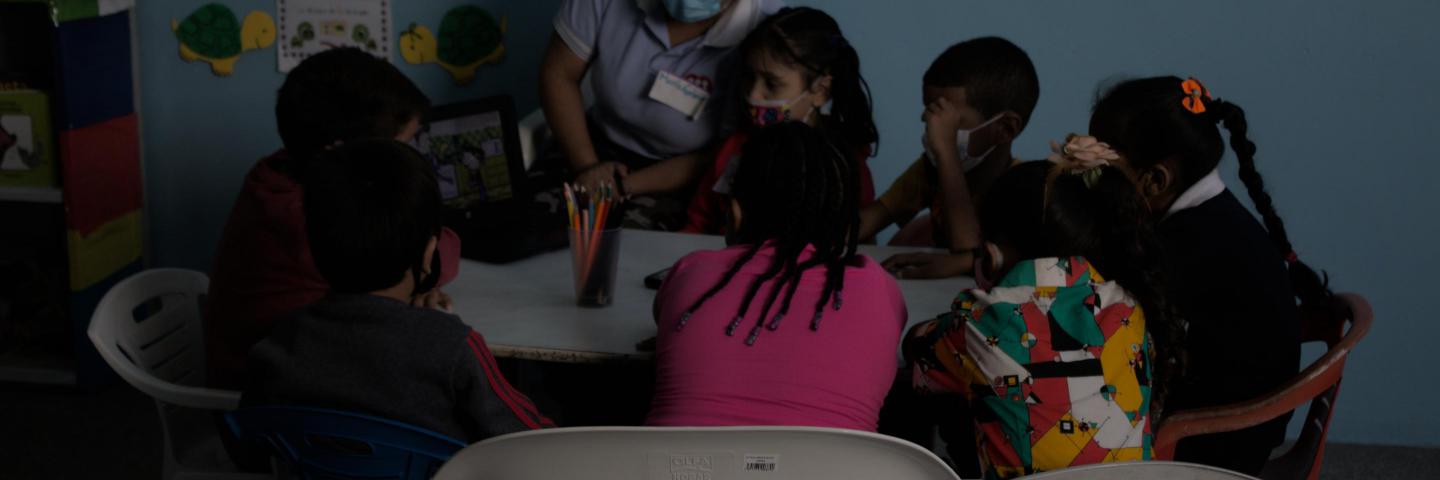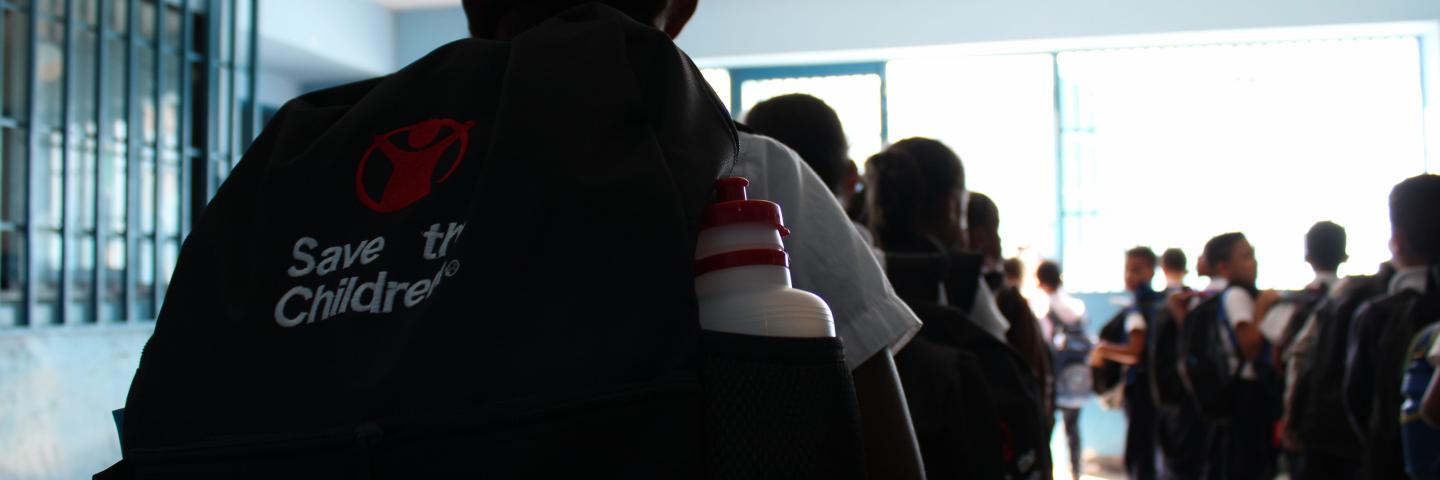

There has been significant progress in education in Uganda in recent decades. The introduction of Universal Primary Education (UPE) in 1997 has seen enrolment almost triple. However, enormous gaps remain and there are worrying signs that progress is stalling. Despite UPE, only 20% of children actually complete primary school. Many drop out or never enrol, due to poverty and other factors. For those who do attend, schools are often severely overcrowded and lack basic resources. Poorly paid and ill-trained teachers struggle with classes of 100-200 children. As a result, the quality of learning is poor: 80% of children in primary level 3 still do not have level 2 competency in literacy and numeracy. Education is the foundation of a child’s future, yet millions of children in Uganda especially in the poorest areas are being left behind.
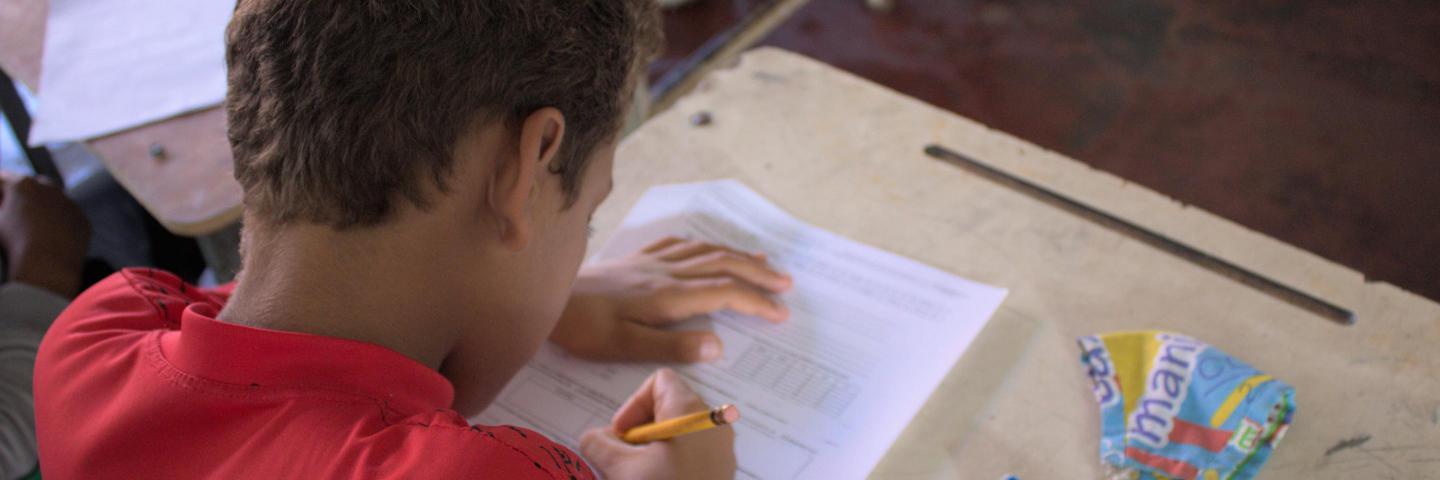
Early Childhood Development (ECD)
ECD is an investment for in a child’s future. Children who participate in ECD get a head start in their emotional and cognitive development, and are more likely to do well in school and become productive adults. Yet only 13% of children in Uganda get this opportunity. We aim to ensure that deprived childrenup to the age of six have access to holistic and inclusive ECD. Our tested and proven approaches, such as Emergent Literacy and Mathematics, prepare children to transition effectively from ECD to primary school. We train ECD caregivers and provide scholastic and teaching materials.
Basic Education
Save the Children implements both formal and non-formal basic education programmes, targeting deprived and marginalised children who would otherwise not access school. We aim to ensure children have a quality learning environment, by training teachers and education officials; working closely with communities to increase parental engagement; building infrastructure such as classrooms, libraries and gender-appropriate washrooms; and providing materials such as textbooks and desks. We advocate to government and duty bearers for inclusive education and support for non-formal schools.
Accelerated Education Programme (AEP)
The AEP targets children aged 10-18 who have dropped out of primary school whether due to conflict, poverty, child marriage or other reasons. It uses a specially designed condensed curriculum to teach the seven years of Ugandan primary school in just three years, and enable the youth to complete their primary education. Children who complete AEP transition back into the formal school system or on to vocational training where they can learn skills that help them get decent employment.
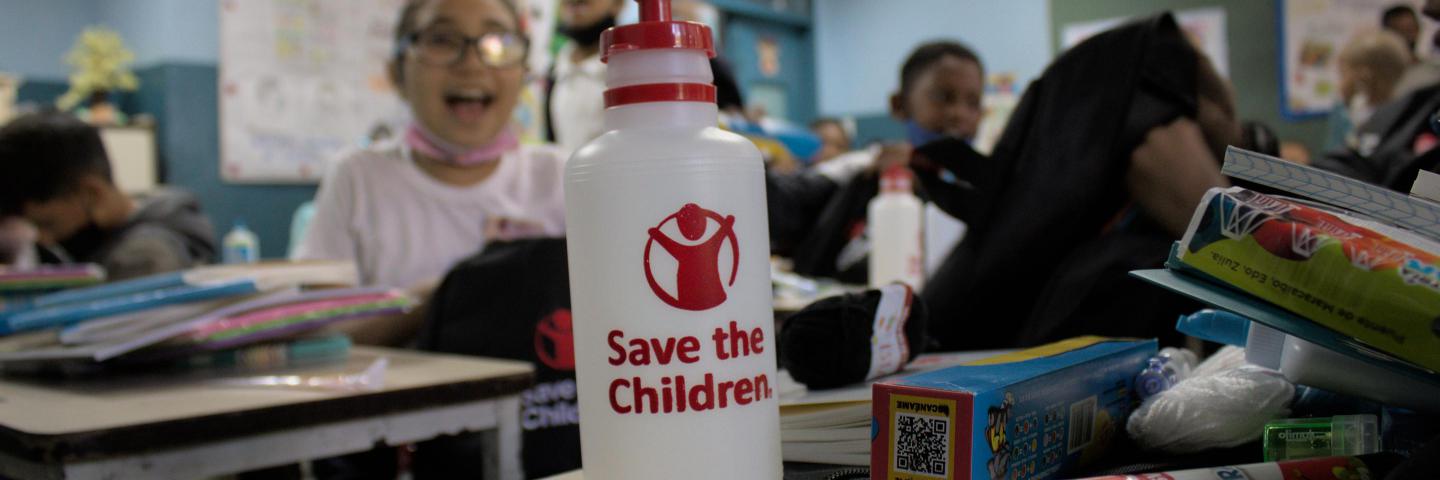
We work with a range of partners to pilot new ideas, and scale up best practices and innovative approaches that have been tested and proven to work over time.
For example, our Literacy Boost approach aims to create a culture of reading both inside and outside the classroom. By getting parents and communities involved in reading clubs and libraries, and training teachers on how to get children engaged and interested in reading, the approach dramatically improves children's literacy development. In rural schools in central Uganda, the approach has seen literacy rates almost double within two years.
We host the innovative NGO Education Consortium, which aims to get thousands of out-of-school refugees and Ugandan children back into education. The INCLUDE project uses new technology such as locally designed, culturally relevant video games on solar-powered tablets. The interactive games teach children in AEP classes basic numeracy and literacy.
Girls often drop out of school when they reach puberty, as they lack sanitary pads and schools often do not have gender-appropriate washrooms. Our My School project in Karamoja has taught girls how to make low-cost pads from local materials and built new sanitation facilities. As a result, more girls are staying in school.
Uganda hosts the largest number of refugees in Africa and one of the largest worldwide. Save the Children has unique experience in providing Education in Emergencies (EiE). As co-lead of the Global Education Cluster, we have expertise in ensuring that education is equitable, inclusive and good quality even during humanitarian crises.
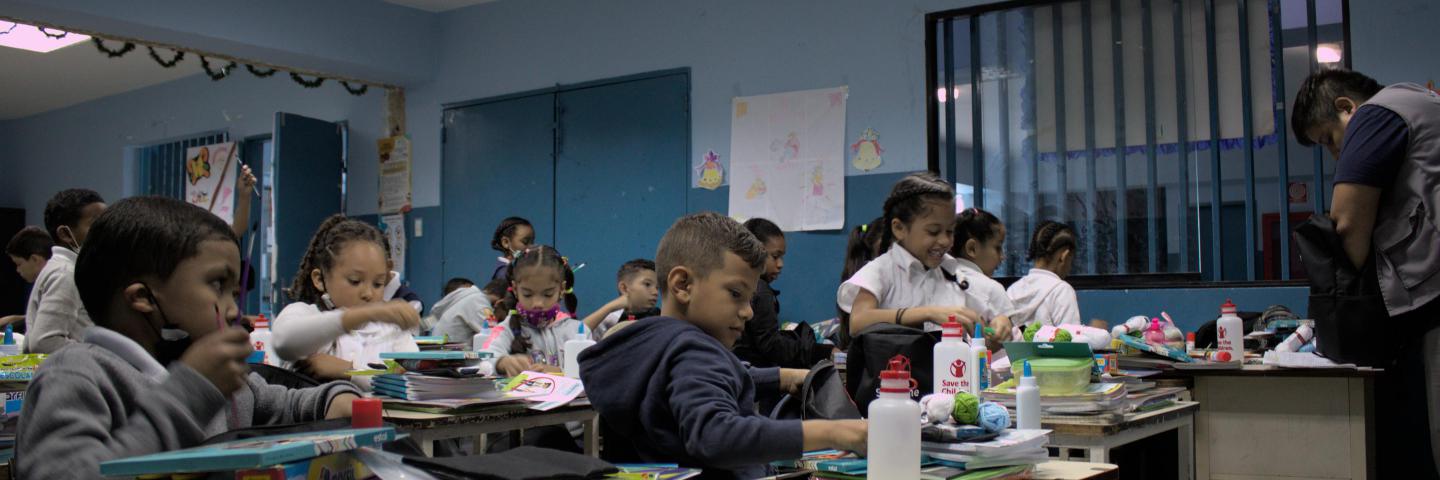
Last year, our educationprogrammes supported41,744 girls and boysacross Uganda. We workin 124 government-aidedprimary schools, 91 ECD centres, and 49 AEPcentres. Theseprogrammes are splitbetween development andemergency contexts.
IMPACT: Kacwankumu community school, in western Uganda, was set up by Save the Children to serve the local fishing and pastoralist communities, who otherwise would not attend school. It started as a one-block ECD centre and gradually grew to become a primary school, although it is not officially recognisedby the government and does not receive budget support. Enthusiastic parents clubbed together to buy materials and school meals. In early 2019 the pupils in school achieved the best Primary Leaver’s Exam (PLE) results in all ofNtoroko district.
